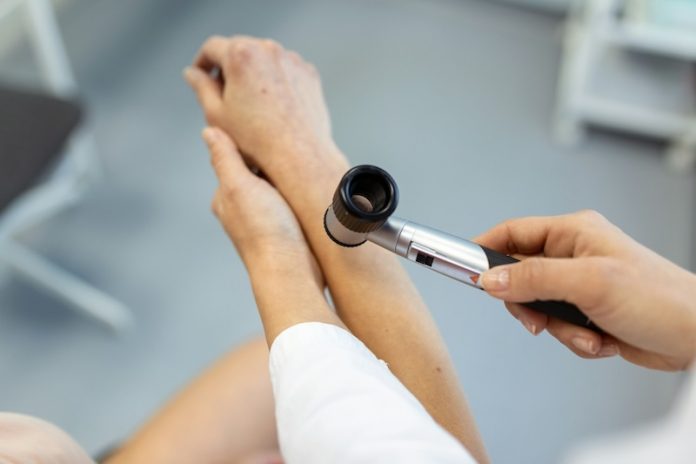
High blood pressure, also called hypertension, affects more than one in three adults in Australia aged 18 and over. If left untreated, it can lead to serious health problems such as heart disease or stroke.
To help manage this condition, doctors often prescribe medicines, and one of the most common is hydrochlorothiazide. It has been widely used across Australia to help lower blood pressure and reduce the risk of heart issues.
However, a new study from UNSW Sydney has found a concerning link between hydrochlorothiazide and an increased risk of skin cancer in older adults. This discovery is especially important because the drug can make the skin more sensitive to sunlight, which may raise the chances of sunburn and long-term skin damage.
The researchers looked at medical records from the Department of Veterans’ Affairs, focusing on people in New South Wales who were aged 65 or older. The data included information about cancer diagnoses, hospital visits, and what medications people had taken. The research covered the years between 2004 and 2015 and included more than 13,000 older adults.
In the study, the team compared people who developed skin cancers—including 45 who had lip cancer and 659 who had malignant melanoma—with a group of people who did not have skin cancer.
They found that those who had taken hydrochlorothiazide were more likely to develop both melanoma and lip cancer. Even more concerning, the risk of lip cancer went up the longer a person used the drug.
Although this sounds alarming, the researchers stress that people should not stop taking their blood pressure medication without talking to their doctor. Managing high blood pressure is still very important. Suddenly stopping a medication like hydrochlorothiazide could lead to dangerous health effects.
Instead of stopping the medicine, the study suggests that doctors and patients work together to reduce any added risks. This includes protecting the skin from too much sun by using sunscreen, wearing hats and protective clothing, and avoiding sun exposure during the hottest part of the day.
Older adults taking hydrochlorothiazide may also want to ask their doctor about regular skin checks to catch any early signs of skin cancer.
To help spread awareness, the official prescribing information for hydrochlorothiazide in Australia has been updated. It now includes warnings about the possible increased risk of skin cancer, especially for people taking the medicine over a long period of time.
This update is meant to make sure healthcare providers know about the risk and can give patients proper advice.
This research supports earlier studies from other countries that also found a link between hydrochlorothiazide and skin cancer. It adds to growing evidence that while medications can help manage one health problem, they can sometimes bring new risks that need attention.
The lead author of the study, Dr. Benjamin Daniels, said the findings should help both doctors and patients make more informed choices. It’s a reminder that treating long-term conditions like high blood pressure should include looking at the whole person—not just their heart, but also their skin and overall well-being.
The study was published in the journal Basic & Clinical Pharmacology & Toxicology. It highlights the importance of being careful with any long-term medication and the need for regular conversations between patients and doctors about how to stay healthy and safe.
If you care about blood pressure, please read studies about unhealthy habits that could increase high blood pressure risk, and eating eggs in a healthy diet may reduce risks of diabetes, high blood pressure.
For more information about blood pressure, please see recent studies that early time-restricted eating could help improve blood pressure, and results showing 12 foods that lower blood pressure.
Copyright © 2025 Knowridge Science Report. All rights reserved.



